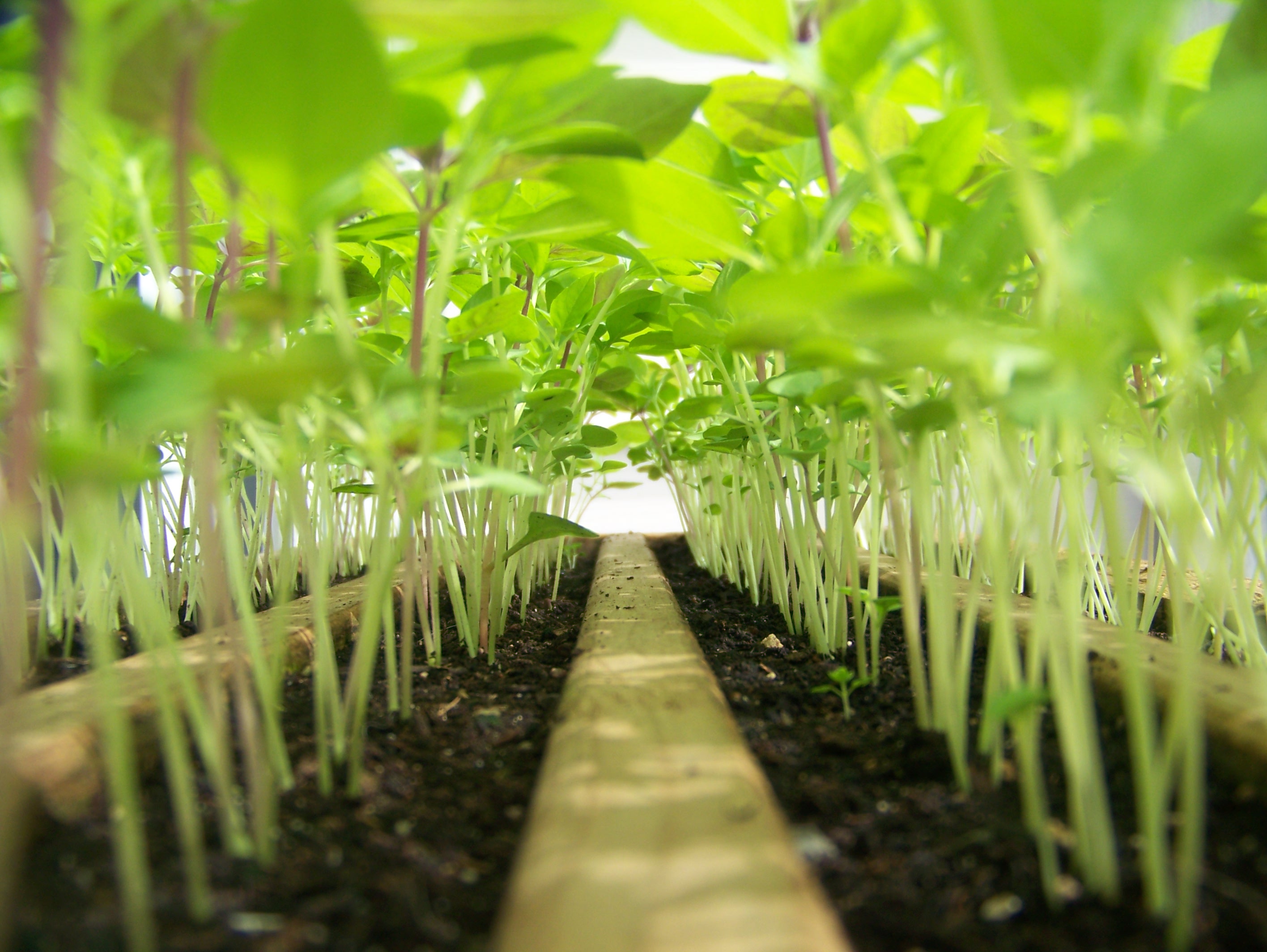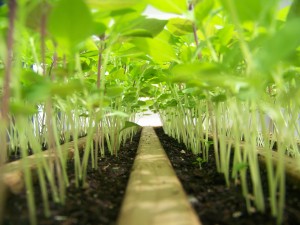In this Good Life 2.0 column, over the last two years, I have introduced a number of strategies and initiatives that I think could help us thrive, not just survive, in these changing times. I have been exploring community resilience, which is all about finding a positive way to face change – together.
What I would like to look at in this issue is how we can collaborate to build our resilience around food. How can we eat healthily, inexpensively and, at the same time, engage with our community and support local food producers?
Building our resilience around food has to start with growing some of it ourselves. Planting, tending, harvesting and eating your own vegetables are the first steps to regaining control in an uncertain world. The uptake in allotments, the popularity of community gardens and the growth of Grow It Yourself Ireland – whose vision is for a world where home-grown food is the norm – show that more and more of us are now ‘digging for victory’. Shopping in a farmer’s market or a food co-op supports local producers, but is also beneficial to the local economy and strengthens community connections. Procuring our food and eating are convivial activities that are at the heart of a resilient community.
I am currently the chair of the Cloughjordan Community Farm; a member owned and operated Community Supported Agriculture (CSA) initiative in Tipperary. Using organic and biodynamic principles, we supply fresh seasonal vegetables to over 50 owner/members. This exciting initiative has been in operation since 2008 on a small, mixed farm of 26 acres, which we lease with an additional 12 acres on the land of the ecovillage where about two thirds of the members now live.
CSAs, which are popular across Europe and the US, are a new form of agriculture that can look very differently in different places. All include individuals supporting a farming operation where the growers and consumers share the risks and benefits of food production. This type of agriculture can help to build a healthy food culture and secure access to a local food supply.
Our aim in Cloughjordan Community Farm is to increase our food resilience by making quality food available to as many people as possible. For as little as €40 per month, owner/members of the community farm in Cloughjordan get access to a distribution point where twice a week they can pick up fresh seasonal fruit and vegetables, plus delicious raw milk from our own Kerry cows is delivered daily.
A ban on the sale of raw milk is about to be introduced; however as our farm is owned by the members and doesn’t sell anything, that ban will not apply to us. As a community, we have explored the health risks and benefits of unpasteurised milk extensively. Some of us have been experimenting, making the most delicious mozzarella and ricotta cheeses from it, and have held workshops to teach the rest of the community how.
Small quantities of pork, beef and lamb are supplied to members at certain times throughout the year. Those desiring larger amounts take part in our ‘meat shares’ programme. I have invested in a quarter share of a pig and I am looking forward to chops and rashers.
We have achieved a lot on our community farm, but we do face challenges, one of which is making the CSA financially viable. A few of the things we are researching to help us do this include introducing agritourism offerings and training courses in resilient agriculture systems. In association with the ecovillage, and Cultivate and Feasta who are both based in Cloughjordan, we plan to host a number of hands-on courses in subjects around food production, seed saving, nutritional resilience, Permaculture and events for those interested in setting up and maintaining CSA initiatives. Learning experiences are already being offered to school groups, which are coordinated by the local Sarah Baker Cookery School and through our successful Wwoofer programme.
Wwoofers (Willing Workers on Organic Farms) are volunteers from countries all around the world that provide labour. In exchange, they are able to learn about, and experience first-hand, sustainable ways of living and farming. Our Wwoofers are accommodated at Django’s Hostel, which is located in the heart of the ecovillage and makes volunteering in Cloughjordan very attractive to Wwoofers from all over the world.
Farm owner/members don’t have to work on the farm, but many, of course, do. Some work voluntarily in different areas of farm activity, such as distribution, education and membership, and almost everyone gets involved in the meithiel work parties which take place regularly. Currently, we employ three part time food producers and our objective is to create more meaningful livelihoods on the farm. Check out the Cloughjordan Community Farm on Facebook and follow the tweets of our three food producers.
We have spent a lot of time thinking about food in Cloughjordan. The ecovillage is developing an edible landscape around the houses. There are allotments, community gardens, 100 heritage Irish apple trees from Irish Seed Savers, and a forest garden is being planned. A new wood fired bakery, built and operated by Joe Fitzmaurice of Blazing Salads, has just opened, and earlier this summer, ‘Totally Tipperary,’ a celebration of local food and culture was held on the lawn of Cloughjordan House. This festival attracted food bloggers, celebrity chefs, and lovers of artisan culinary delights from across Ireland.
Community supported agriculture systems are a powerful way to develop a community’s resilience around food. There are, however, emerging examples of other community supported initiatives that can do the same in other areas. Community supported breweries, bakeries and restaurants are popping up all over the place.
The Old Crown in Cumbria is the UK’s first community owned pub. It is owned by a co-operative of more than one hundred local people dedicated to preserving the character of the pub. Recently, the UK government announced a new £3.3m programme providing support for up to 50 communities to set up and run community-owned pubs over the next three years.
One of my favourite examples is FC United of Manchester, which is a community owned football club. FC United is democratically owned and run by its 3200 members.
Community owned energy companies are also gaining popularity in the UK. Hundreds of residents in Totnes have invested in the energy security of their community by buying shares in TRESOC, the Totnes Renewable Energy Society. In Lewes, residents are buying shares in the UK’s first community-owned solar power station. These community-owned energy companies secure local energy supply and are also beneficial to the community financially.
In this changing world we find ourselves in, which will quite likely be characterised by unpredictability and surprise, it will be advisable to do more locally, and to provide a lot more for ourselves. Community supported agriculture can help us do this and develop the resilience of our communities around food. The CSA model is now being adapted to help procure many of our other essential needs. As well as securing much needed local jobs, these initiatives are actually bringing communities together and can help us break through to significantly greater levels of resilience.
Davie Philip runs the Community Resilience programme at Cultivate and is a resident of the Cloughjordan Ecovillage. He concieved and directed the Powerdown Show, a ten part TV show which has now been screened in over 10 countries. ‘Surfing the Waves of Change’, a new Cultivate short film which he has produced introduces the concept of community resilience and can be seen at www.cultivate.ie



